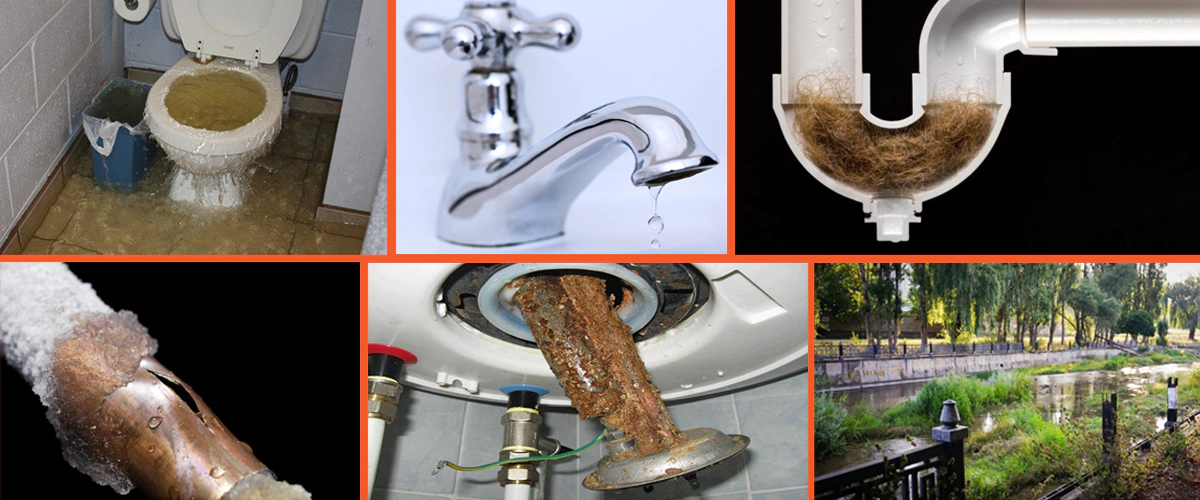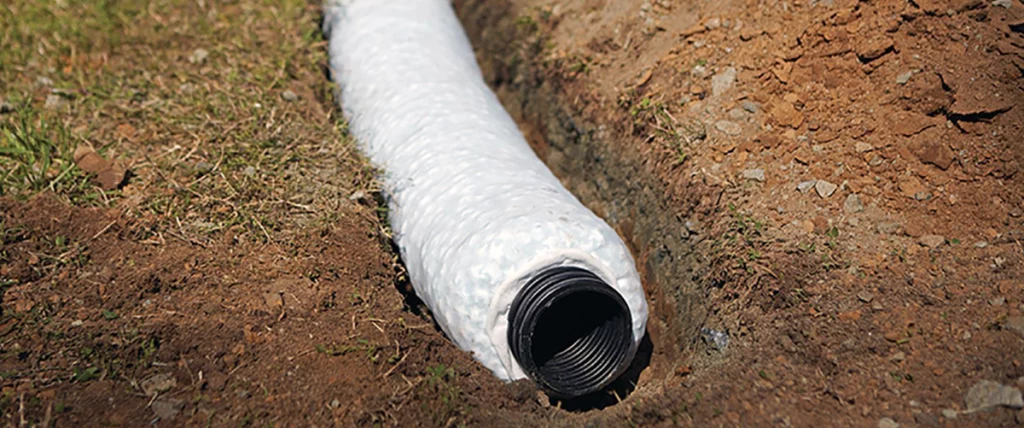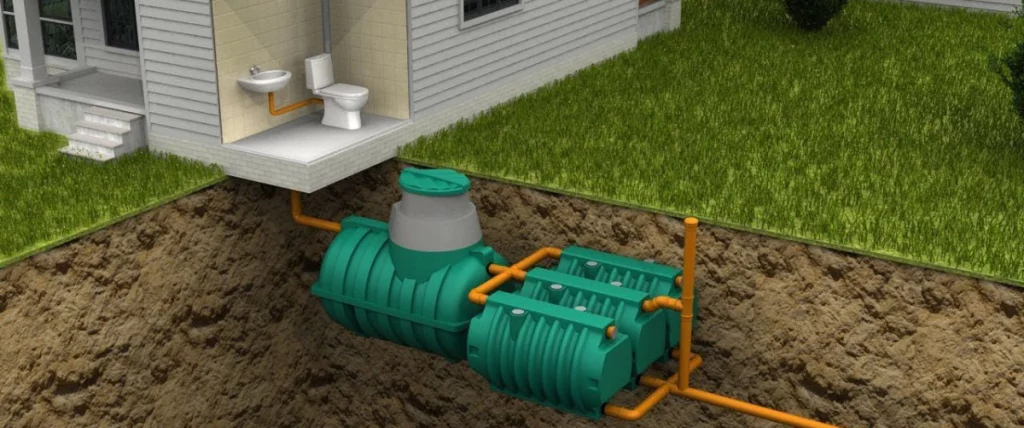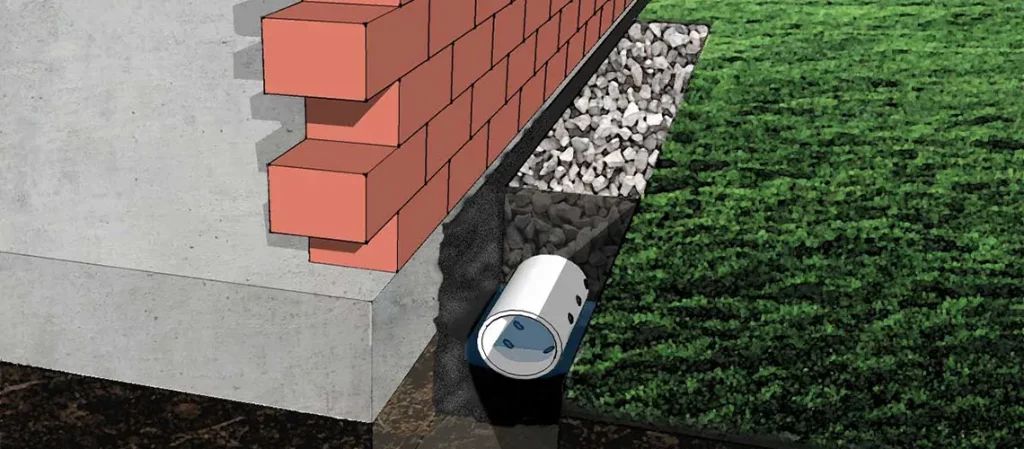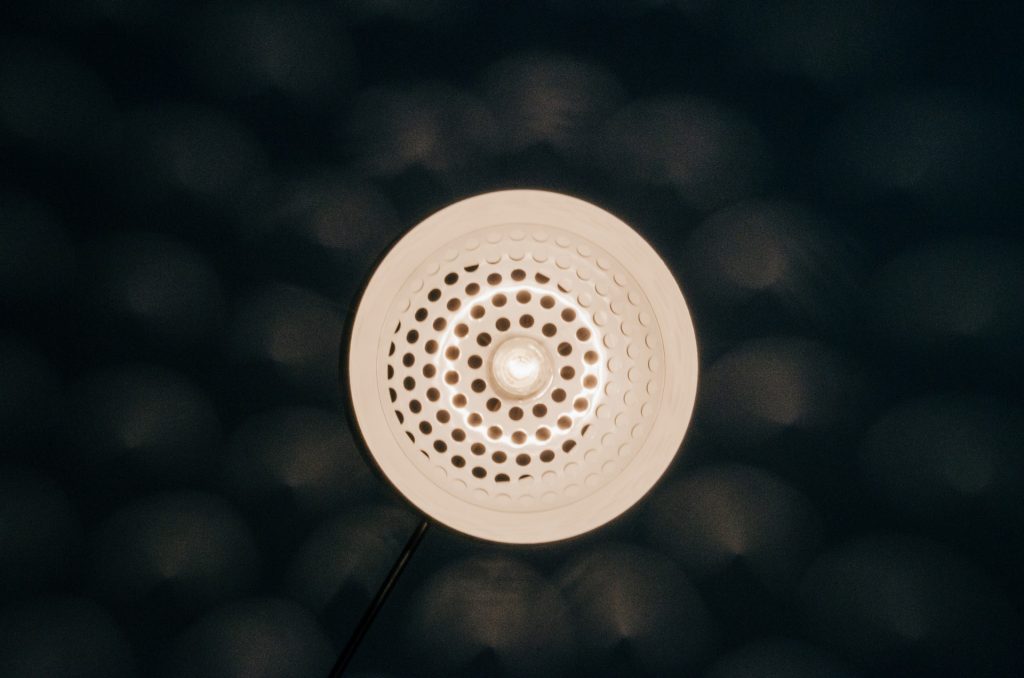Plumbing problems have a knack for making their presence felt at the most inconvenient times. As spring rolls around, many homeowners find themselves grappling with a variety of plumbing emergencies. In this article, we’ll explore eight common springtime plumbing issues, offering insights on how to identify, prevent, and address them effectively.
As flowers bloom and temperatures rise, the thawing process can reveal hidden plumbing challenges. It’s crucial for homeowners to be proactive in safeguarding their plumbing systems to avoid disruptions during the vibrant spring season.
Contents
Leaky Faucets: A Drip Too Many
A persistent drip from a faucet may seem minor, but it can lead to significant water wastage and potential damage. Inspecting and repairing leaky faucets promptly can save water and prevent costly repairs.
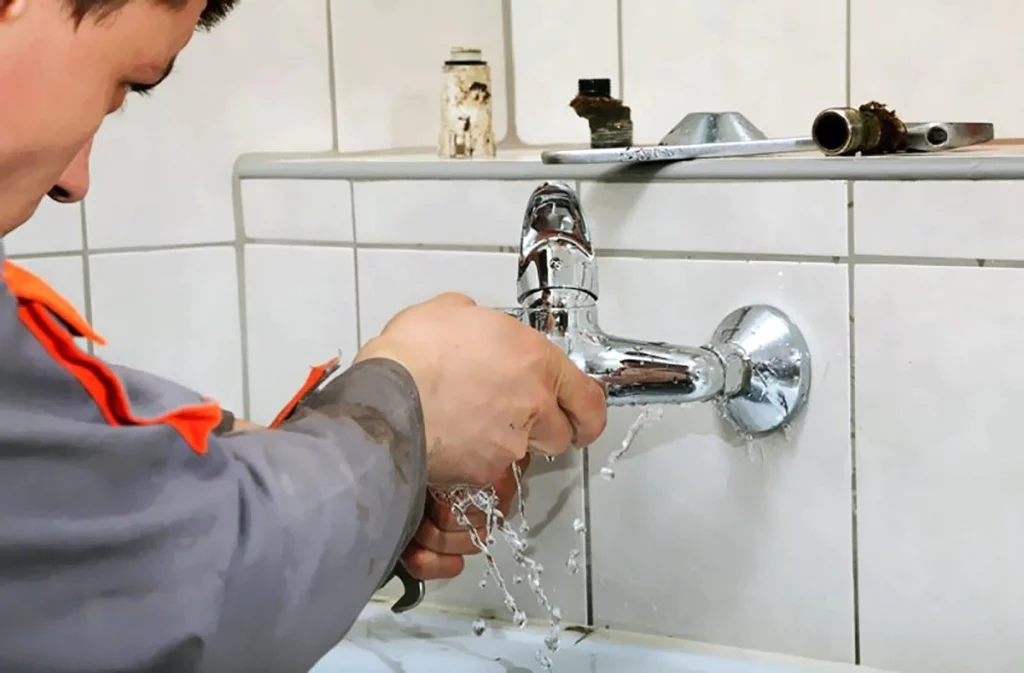
- Causes of Leaky Faucets
Understanding the root causes is the first step towards addressing this common problem. Often, a worn-out washer, damaged O-ring, or a corroded valve seat can be the culprits behind that persistent drip. Identifying these components and inspecting them regularly can save you from a cascade of plumbing troubles.
- Prevention is Key
The best way to deal with a leaky faucet is to prevent it in the first place. Regular maintenance is crucial – replace worn-out parts promptly, and don’t underestimate the power of a simple tightening. Ignoring a leak not only wastes water but can lead to more severe issues, including water damage and mould growth.
- DIY Fixes for the Drip
For the avid DIY enthusiast, fixing a leaky faucet can be a satisfying project. With the right tools and a bit of know-how, replacing a washer or O-ring is a manageable task. However, always ensure you turn off the water supply before embarking on any repairs. If in doubt, consulting online tutorials or seeking advice from your local hardware store can guide you through the process.
- When to Call in the Professionals
While a leaky faucet can often be a DIY fix, there are instances where professional intervention is necessary. If you’re facing a complex mechanism or multiple leaks throughout your home, it might be time to call in a plumber. Their expertise ensures a comprehensive assessment and resolution, saving you time and potential frustration.
- The Environmental Impact
Beyond the inconvenience and potential damage to your home, a leaky faucet contributes to water wastage. In a world where water conservation is increasingly crucial, addressing leaks promptly is not just about saving money – it’s a small but meaningful contribution to preserving our precious resources.
Clogged Drains: The Silent Menace
Clogged drains are notorious for causing inconvenience. Understanding the causes, such as hair and debris buildup, and adopting regular maintenance practices can keep drains flowing freely.

1. Identifying Causes
Understanding the causes of clogged drains is the first step in prevention. Hair, soap scum, grease, and foreign objects are common culprits. Regularly clearing debris from sink and shower drains can prevent build-up and keep water flowing smoothly.
2. Simple Maintenance Tips
Preventing clogged drains doesn’t always require a plumber’s expertise. Implementing simple maintenance practices can go a long way. Invest in drain covers to catch hair and larger debris, and consider using a mixture of baking soda and vinegar periodically to break down potential clogs.
3. The Importance of Prompt Action
A slow-draining sink or standing water in your shower may seem like minor annoyances, but they are early warning signs of a potential clog. Ignoring these signals can lead to more severe issues, such as complete blockages and pipe damage. Addressing the problem promptly can save you from a plumbing disaster.
4. DIY Unblockers and Their Limitations
Supermarkets offer an array of drain unblocking solutions, from chemical cleaners to handy plungers. While these can be effective for minor clogs, they may not address more stubborn blockages deeper in the pipes. Exercise caution with chemical cleaners, as they can damage pipes over time.
5. Seeking Professional Assistance
When home remedies fall short, it’s time to call in the professionals. Plumbers have the tools and expertise to tackle even the most stubborn clogs. Hydro-jetting and drain snakes can clear blockages efficiently, restoring your plumbing system to optimal function.
6. The Cost of Ignoring Clogs
A seemingly minor clog, if left untreated, can result in water damage and expensive repairs. Additionally, clogs can lead to unpleasant odours and attract pests. Tackling clogs head-on not only preserves your plumbing but also maintains a hygienic and comfortable living environment.
Water Heater Woes: Chilling Showers Await
Nobody enjoys a cold shower unexpectedly. Learn to recognize signs of water heater issues and follow simple maintenance steps to ensure a constant supply of hot water.

Signs of Water Heater Issues
- Inconsistent Temperature: If your once reliable water heater is delivering water at inconsistent temperatures, it’s a red flag. Fluctuating between scalding and frigid water indicates a problem that needs attention.
- Strange Noises: Unusual sounds emanating from your water heater, such as popping or banging, could signify sediment build-up. This sediment can compromise heating efficiency and lead to malfunction.
- Rusty Water: Brown or rusty water coming from your taps is a clear indication that your water heater might be corroding from the inside. This not only affects water quality but also the heater’s longevity.
- Leaks: Any visible leaks around the base of your water heater demand immediate attention. Leaks can lead to significant water damage and, if left unchecked, may result in the need for a new heater altogether.
Maintenance Steps for Water Heater Longevity
- Flush the Tank: Regularly flushing your water heater tank helps remove sediment that can hinder its efficiency. This simple maintenance task can extend the life of your heater and ensure optimal performance.
- Check the Anode Rod: The sacrificial anode rod within your water heater prevents corrosion. Periodically checking and replacing this rod can protect your heater from the damaging effects of rust.
- Set the Right Temperature: Adjusting your water heater to a reasonable temperature not only prevents scalding but also reduces wear and tear on the heating elements.
- Insulate Your Tank: Insulating your water heater tank and pipes helps conserve heat, making your system more energy-efficient. This step is particularly important in colder climates.
Knowing When It’s Time to Replace
Despite diligent maintenance, water heaters have a finite lifespan. If your heater is over a decade old and showing signs of deterioration, it might be more cost-effective to replace it. Modern, energy-efficient models can offer improved performance and lower utility bills.
Professional Intervention
While some maintenance tasks can be performed by homeowners, it’s advisable to seek professional help for more complex issues. Certified plumbers can assess the health of your water heater, diagnose problems accurately, and provide the necessary repairs or replacements.
Burst Pipes: The Cold Culprit
Spring can bring unexpected cold snaps. Know the signs of burst pipes and take precautions to avoid the havoc that freezing temperatures can wreak on your plumbing.

Recognizing Signs of Burst Pipes
- Water Stains or Discoloration: Stains on walls or ceilings, or changes in water colour, can indicate a hidden burst pipe. Pay attention to any unexplained marks around your home.
- Reduced Water Pressure: A sudden drop in water pressure throughout your house may signify a burst pipe. Check multiple faucets to identify if the issue is widespread.
- Strange Sounds: Unusual sounds, such as banging or clanging, coming from your pipes could indicate the stress caused by a burst. Be attentive to any sounds that seem out of the ordinary.
- Visible Leaks or Water Pooling: If you notice water pooling in unusual areas or discover visible leaks, it’s crucial to investigate promptly. Ignoring these signs can lead to significant water damage.
The Cold Culprit: Freezing Temperatures
Burst pipes are often a consequence of freezing temperatures. When water inside pipes freezes, it expands, exerting immense pressure on the pipe walls. Eventually, this pressure can lead to cracks or ruptures, resulting in a burst pipe when the ice thaws.
Sump Pump Blues: Spring Showers Bring Basement Woes
Heavy spring rains can lead to basement flooding. Ensure your sump pump is in top condition to prevent water damage and the headaches that come with it.
Sprinkler System Surprises: The Garden Gusher
A malfunctioning sprinkler system can turn your garden into a swamp. Stay ahead by inspecting and maintaining your sprinkler system before it causes a watery disaster.

Getting Ahead of Sprinkler System Issues
- Inspect Regularly: Regular inspection of your sprinkler system is paramount. Look for damaged or misaligned sprinkler heads, leaky pipes, and any signs of wear and tear.
- Check Water Pressure: Excessive water pressure can lead to sprinkler malfunctions, resulting in uneven watering and potential gushers. Use a pressure gauge to ensure your system operates within the recommended range.
- Clean Sprinkler Heads: Over time, dirt and debris can accumulate on sprinkler heads, affecting their performance. Regularly clean the heads to maintain proper water distribution.
- Adjust Sprinkler Patterns: Ensure that your sprinkler system is configured to water your garden and lawn efficiently. Adjust the spray patterns to avoid overspray onto sidewalks, driveways, or other non-target areas.
Toilet Troubles: A Common Commode Crisis
Toilets can act up for various reasons. Understand common issues like running toilets and slow flushing, and take preventive measures to keep your bathroom plumbing in check.

Common Toilet Issues
- Running Toilets: The persistent sound of water running even after flushing is a classic sign of a running toilet. This not only wastes water but can also significantly impact your water bills.
- Clogs and Slow Flushing: Clogs and slow flushing are everyday toilet woes. They can be caused by a build-up of toilet paper, sanitary products, or foreign objects. Ignoring these issues can lead to more severe blockages.
- Phantom Flushes: A toilet that flushes on its own, seemingly without reason, is experiencing phantom flushes. This can be caused by a faulty flapper valve that allows water to escape slowly.
- Leaky Seals: The seals in your toilet can deteriorate over time, leading to leaks around the base. This not only causes water damage but also fosters the growth of unpleasant odours.
Prevention and DIY Fixes
- Regular Maintenance: Perform routine checks on your toilet, including inspecting for leaks, ensuring proper flushing, and checking for any unusual sounds. Early detection can prevent minor issues from turning into major problems.
- Use Toilet-Friendly Paper: Choose toilet paper that is septic-safe and breaks down easily. Avoid flushing items like wipes or sanitary products, as they can lead to stubborn clogs.
- Adjust the Chain and Flapper: If your toilet is running continuously, adjusting the chain and ensuring the flapper seals properly can often resolve the issue. These are simple DIY fixes that can save water and restore your toilet’s efficiency.
- Addressing Clogs: Use a plunger or a plumbing snake to address minor clogs. For persistent blockages, consider using a toilet auger or seeking professional assistance.
Professional Help: When to Call in the Experts
While DIY maintenance is valuable, know when it’s time to call in a professional plumber. Timely intervention can prevent minor issues from turning into major headaches.

Signs It’s Time to Consult a Professional
- Persistent Plumbing Issues: If you find yourself dealing with recurring plumbing problems, it’s a clear signal to seek professional help. Plumbers have the experience to identify the root cause and implement lasting solutions.
- Electrical Complications: Electrical issues pose a significant risk to both property and personal safety. If you’re experiencing frequent power outages, sparks, or other electrical anomalies, it’s time to call an electrician.
- Structural Damage: Cracks in walls, ceilings, or the foundation of your home may indicate structural issues. Professionals, such as structural engineers, can assess the damage and recommend appropriate solutions.
- Heating and Cooling Dilemmas: Inefficient or malfunctioning heating, ventilation, and air conditioning (HVAC) systems can impact your comfort and energy bills. HVAC professionals can diagnose and repair issues to ensure optimal performance.
Benefits of Seeking Professional Assistance
| Aspect | Benefits |
| Expertise and Experience | Professionals bring in-depth knowledge and hands-on experience to accurately diagnose and efficiently resolve issues. |
| Safety Assurance | Trained professionals handle tasks involving electricity, plumbing, or structural elements safely, minimising risks to property and individuals. |
| Long-Term Solutions | Professionals provide lasting solutions, preventing recurring issues and offering peace of mind that problems are thoroughly resolved. |
| Time and Cost Efficiency | Professional intervention saves time and money, with efficient problem-solving skills and access to the right tools for prompt and effective resolutions. |
When Not to Delay
Certain situations demand immediate professional attention:
- Gas Leaks: If you suspect a gas leak, evacuate the premises and call emergency services. Gas leaks are hazardous and require urgent professional intervention.
- Burst Pipes: Water damage from burst pipes can escalate rapidly. Shut off the water supply and call a plumber immediately to prevent extensive property damage.
- Аварийные ситуации с электричеством: Искры, запахи гари или внезапные отключения электроэнергии указывают на аварийную ситуацию с электричеством. Немедленно обратитесь к электрику, чтобы избежать опасности возгорания.
As you revel in the joys of spring, don’t let plumbing problems dampen your spirits. By staying informed and taking preventive measures, you can enjoy the season worry-free. Remember, a stitch in time saves nine, especially when it comes to plumbing.
FAQs
Regular checks every few months are advisable to catch leaks early and prevent water damage.
Yes, untreated clogged drains can lead to pipe damage and more extensive plumbing problems.
Regular maintenance prevents sediment buildup, prolonging the life of your water heater and ensuring consistent hot water.
If you’re unsure or if problems persist despite DIY efforts, it’s wise to consult a professional plumber.
While not always, undetected plumbing issues can create a conducive environment for mould growth. Regular checks help prevent this.



